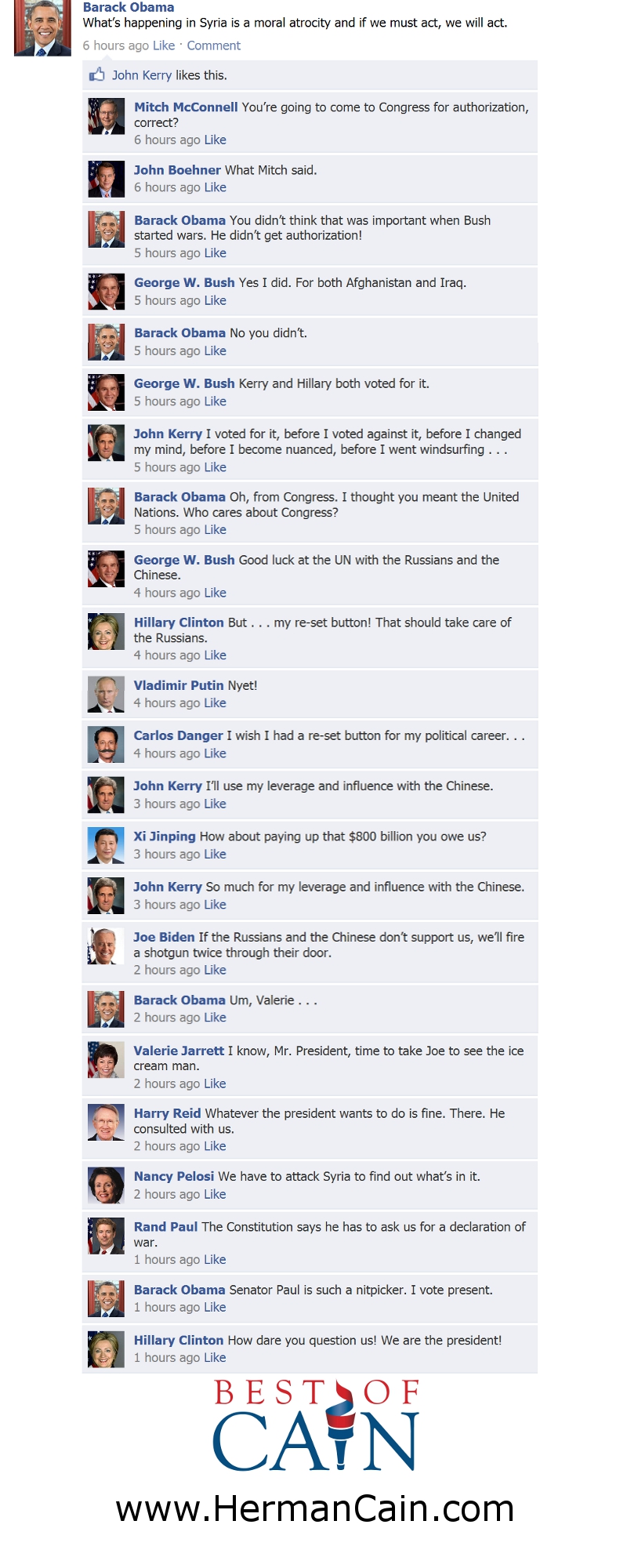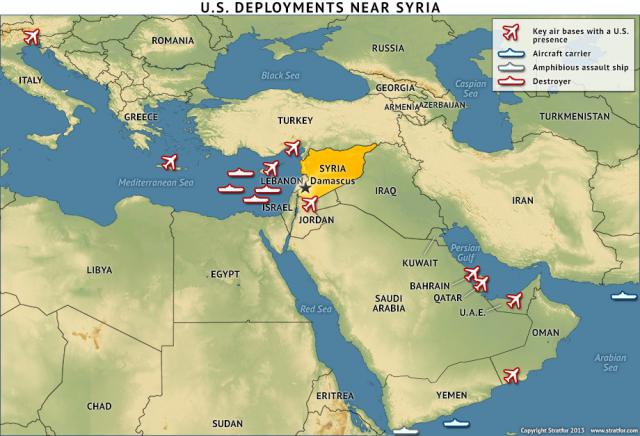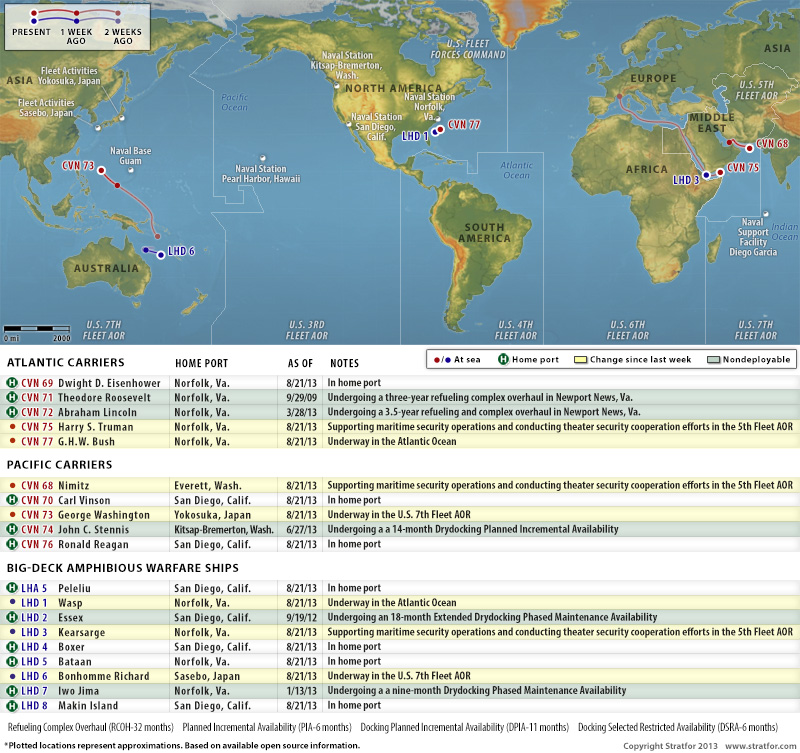The Islamic militant group ISIS didn’t come from nowhere, but most of us only started hearing about them quite recently. Defense One has a guide to the group that has been tearing up Iraq:
Islamic State in Iraq and Greater Syria (ISIS), a predominantly Sunni jihadist group, seeks to sow civil unrest in Iraq and the Levant with the aim of establishing a caliphate — a single, transnational Islamic state based on sharia. The group emerged in the ashes of the U.S.-led invasion to oust Saddam Hussein as al-Qaeda in Iraq (AQI), and the insurgency that followed provided it with fertile ground to wage a guerrilla war against coalition forces and their domestic allies.
After a U.S. counterterrorism campaign and Sunni efforts to maintain local security in what was known as the Tribal Awakening, AQI violence diminished from its peak in 2006–2007. But since the withdrawal of U.S. forces in late 2011, the group has increased attacks on mainly Shiite targets in what is seen as an attempt to reignite conflict between Iraq’s Sunni minority and the Shiite-dominated government of Prime Minister Nouri al-Maliki. Burgeoning violence in 2013 left nearly eight thousand civilians dead, making it Iraq’s bloodiest year since 2008, according to the United Nations. Meanwhile, in 2012 the group adopted its new moniker, ISIS (sometimes translated as Islamic State of Iraq and the Levant, or ISIL) as an expression of its broadened ambitions as its fighters have crossed into neighboring Syria to challenge both the Assad regime and secular and Islamist opposition groups there. By June 2014, the group’s fighters had routed the Iraqi military in the major cities of Fallujah and Mosul and established territorial control and administrative structures on both sides of the Iraqi-Syrian border.
[…]
At odds with al-Qaeda’s aims, ISIS has since expanded its territorial control, establishing a “de facto state in the borderlands of Syria and Iraq” that exhibits some of the traditional markers of sovereignty, note Douglas A. Ollivant and Fishman. Beyond fielding a militia, it provides limited services and administers its ultraconservative brand of justice. Much of Anbar province has remained outside the central government’s authority since January 2014, and in June, ISIS wrested control of Mosul and its environs after the army, hobbled by desertions, retreated overnight. The takeovers highlighted Baghdad’s weakness: In Fallujah, Maliki called on Sunni tribesmen to resist ISIS, and in Mosul, which had been considered a model for the surge and Awakening, he called on the Kurdish security forces, the Peshmerga, to do the same.
Insurgents’ consolidation of territorial control is a concern for the United States, which believes such areas outside of state authority may become safe havens for those jihadis with ambitions oriented toward the “far enemy” — the West. The Obama administration has responded to the regional resurgence by increasing the CIA’s support for the Maliki government, including assistance to elite counterterrorism units that report directly to the prime minister, and providing Hellfire missiles and surveillance drones. After Iraqi forces retreated from Mosul, the insurgents who routed them released more than one thousand prisoners and picked up troves of U.S.-supplied matériel.






